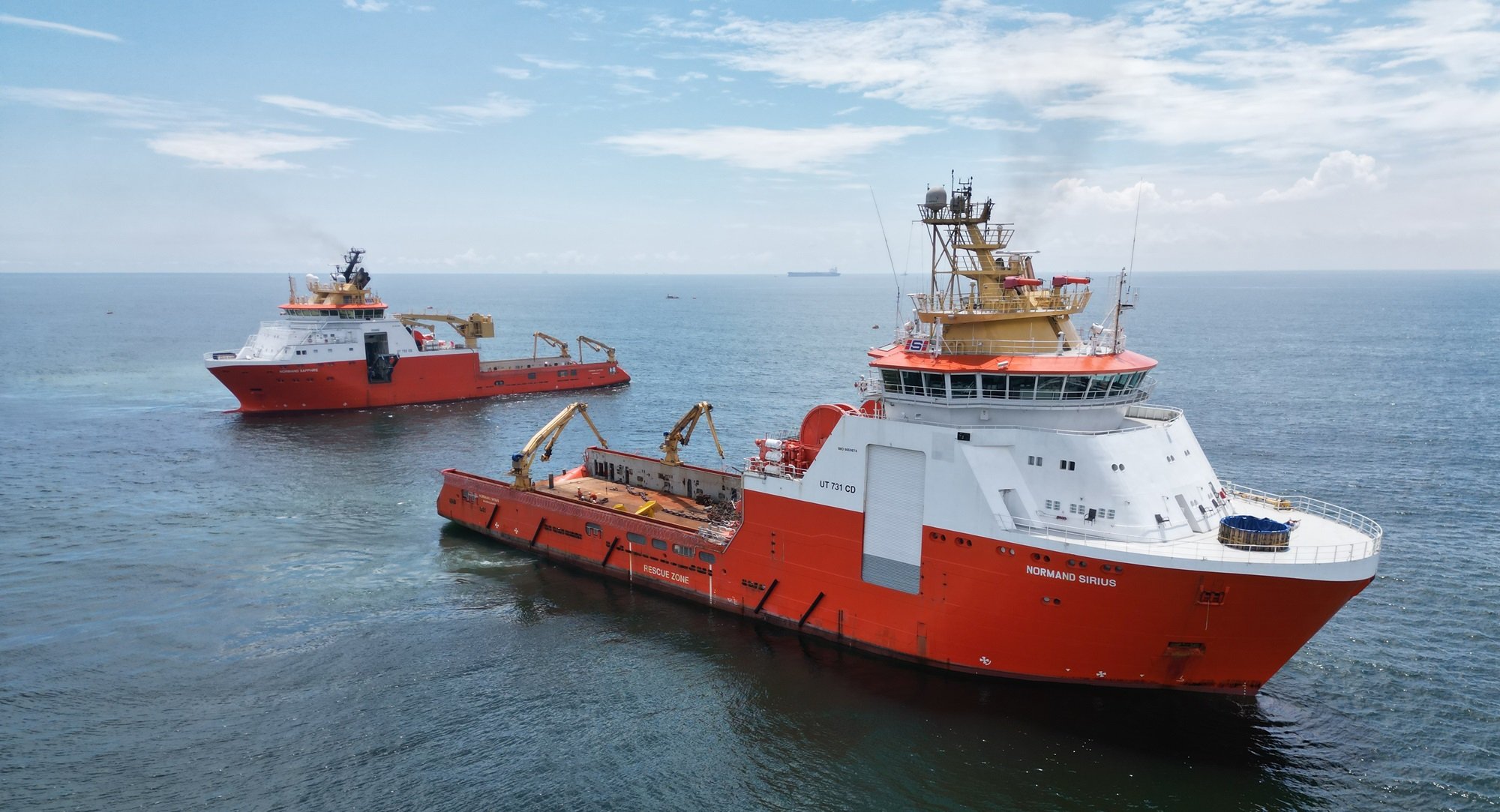By Redação PortalPortuario
The RDJ07 Terminal, located in the Port of Rio de Janeiro (RJ), is part of the new block of port auctions promoted by the Ministry of Ports and Airports, in a joint initiative with the National Waterway Transportation Agency (Antaq). With an area of 56,832 m², the space is intended for the handling of offshore logistics support cargo, aimed at oil and natural gas exploration and production activities. The planned investment for the 25-year contractual period is estimated at R$ 99.4 million.
The initiative follows the guidelines of the Ports Law (Law No. /2013), which regulates the leasing and operation of port facilities, and is part of the context of updating the port legal framework, currently under debate in the National Congress. Bill No. /2025 proposes adjustments in the management and operation of the sector, including the direct hiring of certified port workers, integrated environmental licensing, and flexibility of port tariffs, in addition to redefining responsibilities between the Ministry of Ports and Airports, Antaq, and the Port Authorities.
The plan for RDJ07 includes the demolition of old structures and the construction of a new warehouse with a minimum area of 3,500 m², in addition to the implementation of administrative and operational areas, gatehouses, and fencing. The internal access roads will also receive improvement interventions.
Among the planned investments are the acquisition of large equipment, such as six cranes, ten forklifts, and twenty trailers, in addition to the installation of a new firefighting system and an electrical substation. The interventions are part of the set of actions aimed at modernizing the infrastructure and increasing the terminal’s operational capacity.
The auction for RDJ07 will be conducted by Antaq, based on the highest grant value criterion, in accordance with the legal and regulatory norms applicable to port concessions and leases. The process is part of the second national block of port auctions, which brings together areas in different states and investments exceeding R$ 1 billion.
The measures align with the policy of regulatory improvement and increasing the competitiveness of the Brazilian port system, contributing to the strengthening of logistics infrastructure and the consolidation of the Port of Rio de Janeiro as a strategic point in offshore operations and the oil and gas sector supply chain.





